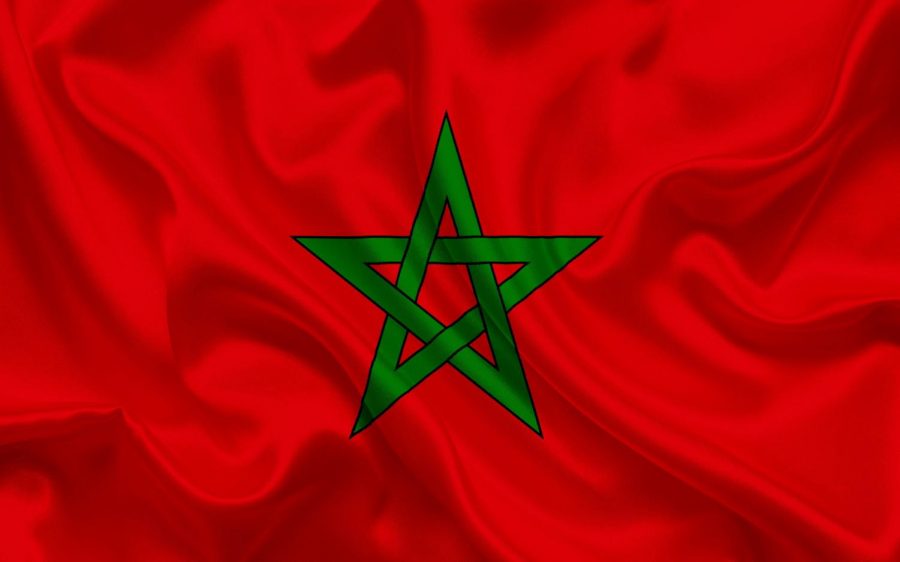Morocco: Medical cannabis legalization set to dismantle drug cartels
Morocco has joined a swelling list of African countries to legalize cannabis for therapeutic purposes. The new law, which was approved by the government back in March and adopted by parliament on May 26, legalizes the production of cannabis for medical and industrial use.
Currently, as many as 100,000 Moroccan households depend on cannabis cultivation – most of which is shipped to legal markets around the world – as a means of income.
Thanks to the legalization of medical cannabis in Morocco, better regulation can be provided for the farming industry. In addition to this, legalization will make the market more attractive for investors.
Cannabis farmers in Morocco should see legalization as an opportunity to break free from their association with prolific drug cartels and, instead, reap what they sow in a legal fashion.
Medical cannabis legalization in Morocco: African country is a leading producer of cannabis resin
Cannabis tourism is not featured in Morocco’s travel brochures and commercials, but this hasn’t stopped herb connoisseurs from venturing to the culture-rich country to sample it’s green delights. The cannabis plant may still carry an illegal status when produced for recreational purposes in Morocco. However, it is fairly well tolerated in comparison with other countries.
Much like Afghanistan, Morocco is one of the top producers of cannabis and cannabis resin, the latter of which is better known as “hashish” or “kif” among locals. Once produced into resin, Morocco’s cannabis products are usually exported to well-established markets in Europe and North Africa.
The vast majority of cannabis cultivation occurs in the northernmost Rif region, where farmers sow their seeds on 50,000 hectares of land. Visitors are often exploited by the underground tourism industry, where they are invited to learn about the unique stages of Moroccan cannabis production.
Medical cannabis legalization in Morocco is expected to pave the way for an industry that can flourish and attract economic opportunities for agricultural workers. Terms of the new law stipulate that farmers can now explore new avenues of marketing their crops, as opposed to selling their yields to drug dealers.
Morocco’s medical cannabis and industrial hemp bills were initially opposed by politicians
Medical cannabis legalization in Morocco is a major step in the right direction; particularly so amid the economic starvation caused by the coronavirus pandemic. Introduced by Interior Minister Abdelouafi Laftit, the bill’s text on “the legal uses of cannabis, medical, cosmetic and industrial”, was approved by the House of Representatives with 119 “yes” votes and 48 “no” votes.
When Morocco’s medical cannabis legalization bill was first introduced, harsh opposition was felt from the Islamist Justice and Development Party (PJD). The PJD disapproved of legalization based on cultural and religious views. However, numerous party members have since signaled their support for the approved measure.
“Today, we had the political courage to approve this bill because farmers only cultivate the cannabis plant. The harm of cannabis comes from those who transform the plant into drugs,” said Moroccan lawmaker Ibtissame Azzaoui following the bill’s passing. He is also a proud member of the Authenticity and Modernity Party.
Lawmaker Azzaoui added that medical cannabis and industrial hemp legalization will inflict a serious demand glut upon illegally operating sellers. It’s likely that the prospect of succeeding with a legal market will quickly overshadow any appeal associated with the black market. After all, farmers will not fear drug cartels as much when a legal market transpires, since those farmers will be legally capable of planting cannabis crops on segments of land that won’t be accessible to illicit growers.
Analysts predict that the Moroccan cannabis market will attract $28 million in revenue by 2023. These projections were published in a report by Prohibition Partners. Notwithstanding the promising outlook, numerous factors are likely to affect the rate at which Morocco’s cannabis industry matures, such as patient access, sector investment and qualifying conditions.








